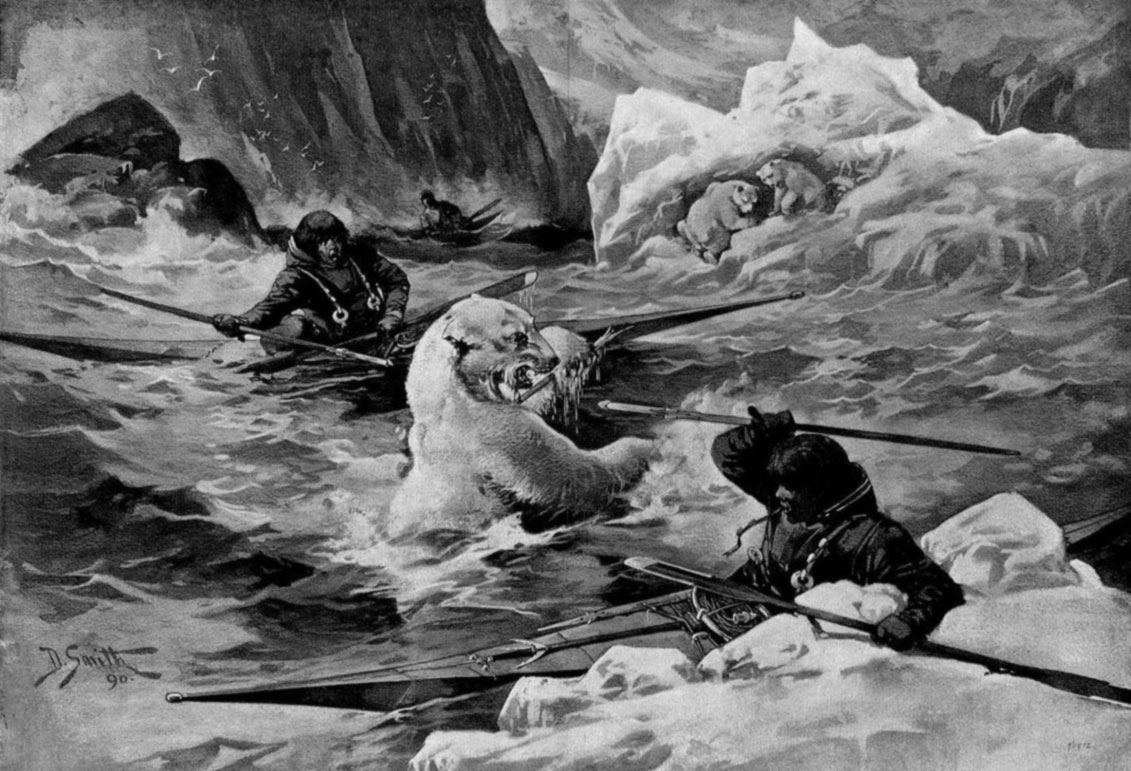Most of the response from my post, “Agriculture Is Imperialism“, was positive. There were a few naysayers, but none really had any substantive critiques, and tended to recycle the flawed “yeah, but we have to turn the entire planet into a factory farm to support an infinite population” argument — the same argument I pointed out was flawed in the piece. In the aftermath, I was directed to two pieces of media that provide a somewhat more tempered account of the range of impacts of agriculture.
- Against the Grain, book by Richard Manning (2005). Thanks to J. Stanton and Elizabeth Miller for the recommendation.
- America’s Lost Landscape: The Tallgrass Prairie, award-winning documentary film (2005). Available on DVD and through Netflix streaming.









I just finished watching episode 1 of a documentary series (I think it was Nova) called "Out of Egypt". It was all about the development of cities and agriculture. While not an intensive treatment of the subject, it really showed how the Neolithic period didn't turn out as it was cracked-up to be. It made a rather salient point too, that most of the positive advances in medicine and engineering have really just been to offset negatives introduced by the city and agriculture.
Edit: the series is from Discovery channel, not Nova. My mistake.
I would recommend The Vegetarian Myth by Lierre Keith. She covers nutrition as well as the ecological and societal impact of grain based agriculture, often from a very personal perspective. I know she drew a lot from Richard Manning's work.
agreed. you do have to wade through a bunch of misandry to get to the point, but it's worth it.
I really enjoyed the article.
If you are not already familiar with him you might like to look into Allan Savory. http://vimeo.com/8239427
also interesting http://donmatesz.blogspot.com/2011/03/operation-h…
yeah, i like allan savory's work. it's a strange notion to think ecosystems can exist without animals, and savory gets the answer to that question right.